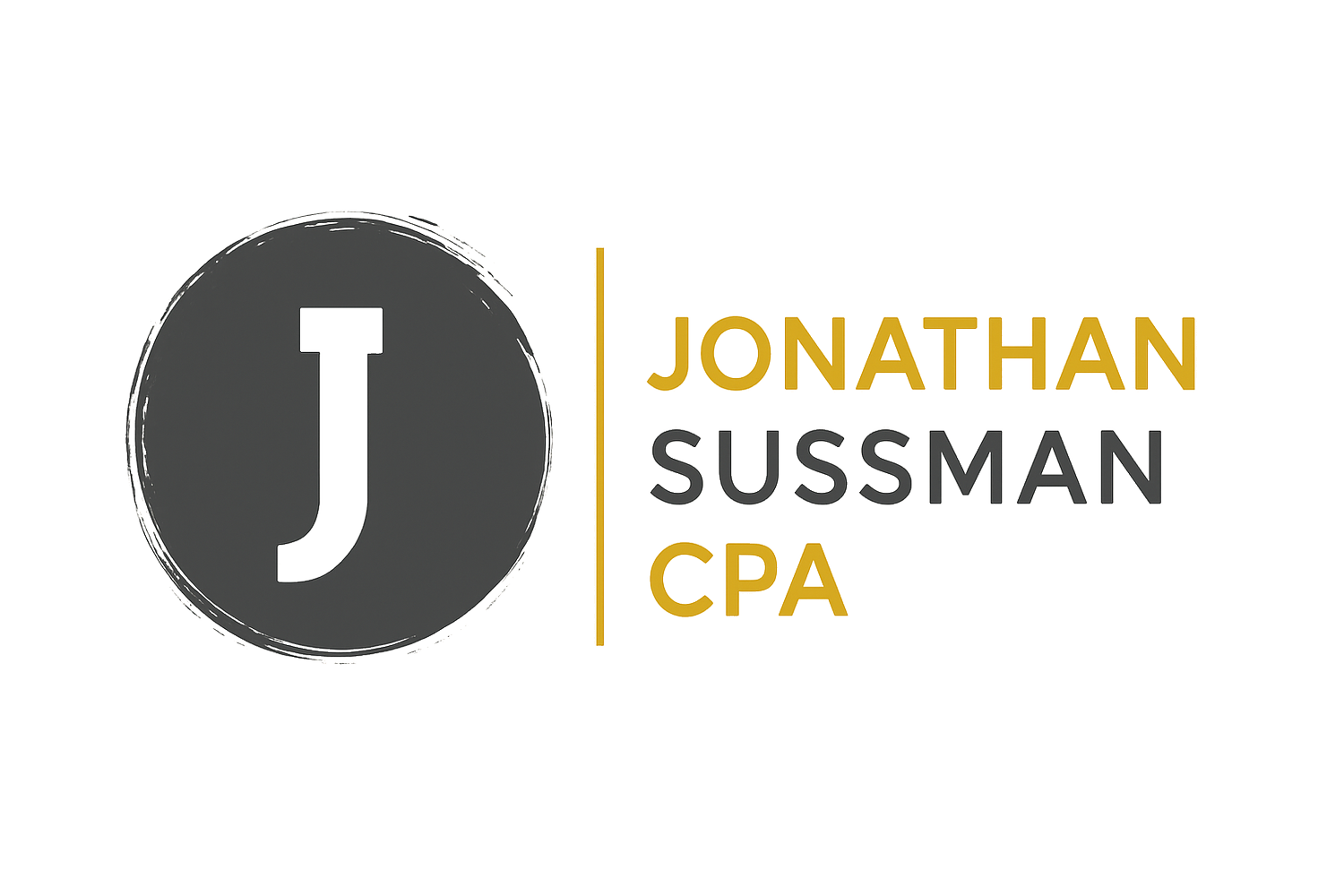How to Clean Your Books in 3 Simple Steps
The correct books are actually the simplest. They simply state what happened. That’s it.
But making them look correct is not always easy. Yet there are ways to do it.
Let’s go over my 3-step process for taking messy books and cleaning them.
Step 1 – Determine the Truth
This part is usually easy. You just take the data you have and look at it. Then you note it.
For example, you look at your sales for the year.
Or your expenses. Or whatever else you’re recording.
Good financials will always reflect what the source data says.
Step 2 – Look at What’s Recorded
This is where we look at the books and see what we recorded.
Cheat code: Just focus on the balance sheet, because when the balance sheet is correct, the P&L is correct.
And go over everything:
Current Assets
Fixed Assets
Current Liabilities
Long Term Liabilities
Equity
If you did step one correctly, you will now see what is recorded, and what the reality is. Then you do step three.
Step 3 – Close the Gap
Now you know the difference between your financial statements and your source docs.
So all you have to do is close the gap.
For example, if sales is recorded as 5, but you know that it’s 6, then you’d increase sales by 1.
But remember, if something increases, something else decreases. In this case, if you increase sales, current assets will increase too. Then you would have to confirm and adjust those totals if necessary.
The easiest way to make sure you don’t hit any accounts on accident is to use a “suspense account”.
This is a fictitious account that represents balances that need to be allocated when all the accounts balance.
That’s when you identify the balance in this account and determine what it is. Generally, if it has a credit balance, then you would take it as income. Or a liability. Perhaps capital. It really depends on what it truly represents.
And if it’s a debit balance, you’d record it as a distribution, receivable, or possibly expense.
Summary
And that’s it. My simple process for cleaning messy books.
Obviously the execution of this is a bit harder, but as long as everything on the books matches real life, then the books can be considered correct.
And if you’re cleaning your books and hit a block, don’t be afraid to ask for help. It will save you time, money, and energy.
And when it’s all completed, you’ll have a more better understanding of your business, and everything else gets a lot easier too.
Take care,
Jonathan Sussman CPA
